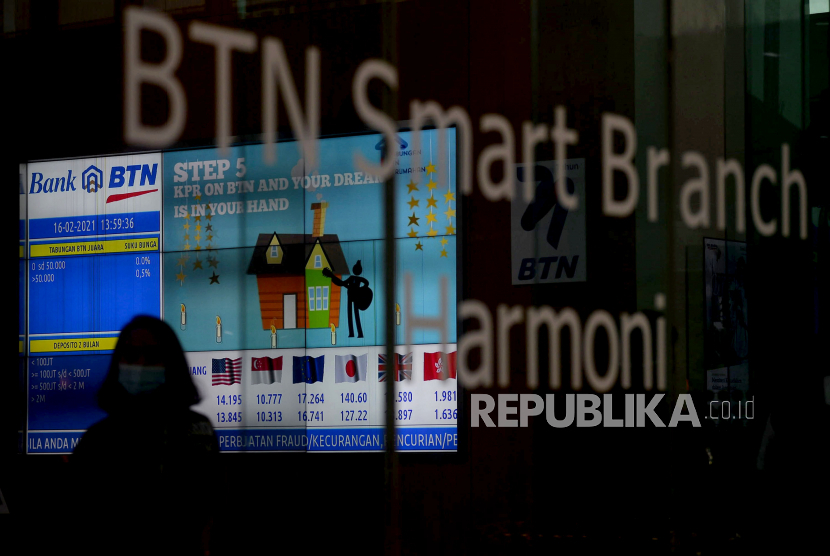BTN Syariah will become second largest sharia bank in Indonesia

JAKARTA -- Indonesia will have another large sharia bank with fantastic assets. In the future, Bank Syariah Indonesia (BSI) will no longer be the only largest sharia bank that plays alone in its market.
President Director of BTN Bank Nixon LP Napitupulu said that the BTN sharia business unit (UUS) after the spin off would become a sharia commercial bank (BUS) with the second largest assets in Indonesia. Management will remove UUS from parent BTN and combine it with the sharia bank that will be acquired, with a target of completion in the second semester of 2024.
"In the second semester of next year, we will remove the BTN sharia business unit from BTN and merge it with the bank we have acquired," said Nixon, some time ago.
Nixon explained that currently BTN is in the stage of submitting letters of interest (LOI) to two sharia banks in the country to be acquired, whose names or asset values cannot yet be stated.
The existing BTN UUS will be merged with the acquired sharia bank, with the target process being completed in April or June 2024.
Nixon explained that there were two stages in this acquisition process. First, acquire a sharia bank. Then, secondly, after that we merge BTN Syariah into that bank.
BTN's corporate action is based on OJK Regulation (POJK) Number 10 of 2023 concerning the Separation of the Sharia Business Unit of Guarantee Companies, which mandates banks to carry out a spin off no later than two years after the company's assets reach IDR 50 trillion. BTN assets will reach IDR 50 trillion in December 2023.
Until the second quarter of 2023, BTN recorded total credit and financing worth IDR 318.30 trillion or an increase of 9.87 percent year-on-year (yoy), which was supported by growth in subsidized Home Ownership Credit (KPR) which rose 11.87 percent (yoy ) from IDR 140.97 trillion to IDR 157.71 trillion in the third quarter of 2023.
In this period, the company posted a net profit of IDR 2.31 trillion, which was supported by the KPR segment, high yield loans, a surge in fee-based income, and the sharia business.


